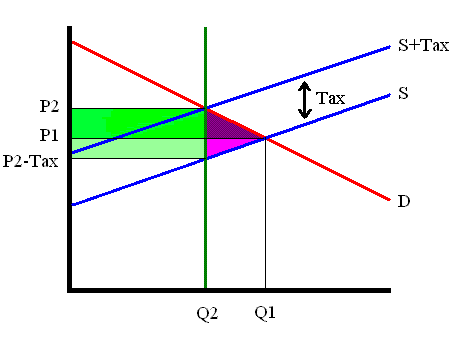As I was driving away after having filled petrol in my car, I was wondering about the steep drop in petrol prices. Not so long ago, you would get only about 12 litres for Rs. 1000 in Bangalore. Today I paid the same amount and got close to 15 litres – almost a fourth more than what I used to get not so long ago!
I started thinking of the economic impact of the fall in petroleum prices. The obvious effect is the direct effect in that products for which petroleum is an input (this includes pretty much any good that is transported) see a fall in prices to the extent of the contribution of petroleum to their final prices. That, however, is only a small part of the impact on the economy.
The more important impact on the economy from the fall in petroleum prices is that it results in a drop in transaction costs (costs borne by buyer of a good/service which don’t accrue to the seller)! This is because transporting anything now has become a lot cheaper (by about 20%, which is significant), so goods and services that were not being traded earlier because of the transportation cost being prohibitive have a good chance of being traded now!

The fall in transaction costs means that economic activity will increase, and given that the fall in transaction costs in this case is rather sharp (20% is no joke), the corresponding increase in economic activity should be significant! My personal take is that analysts are grossly underestimating the impact of falling petroleum prices on GDP growth in India.
Reminds me of “Beta, tum rehne do. Tum se na ho payega!”… Sorry, but you just try so hard!